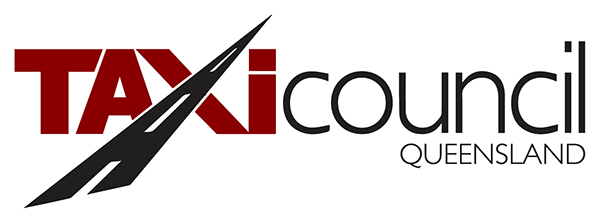Brisbane Times, Jorge Branco, June 24 2016
The government should block “ride sharing” in Queensland because Ubers are just taxis, the cab industry argues.
In its submission to the critical review charged with determining the future of cabs, ride-sharing and other personalised transport, Taxi Council Queensland essentially called for a ban on Uber in its current form.
The peak body demanded “full compensation” for licence owners who have seen their values halved since the rival service’s launch if changes were made to the current regulations.
After months of calling for an “even playing field”, CEO Benjamin Wash justified the appeal for a ban on his rivals by arguing ride-share cars were no different to cabs in Queensland, due to the state’s “unique” industry.
“Context matters here,” he said.
“If you go to San Francisco or almost anywhere in the United States – in fact, almost anywhere in the world outside of Queensland – a taxi is something that you hail.
”You don’t book it.”
He said Uber and other ride-sharing apps were “genuinely innovative”, in the US and many parts of Europe but in Queensland, it amounted to nothing more than a “low-cost illegal taxi”.
Mr Wash said this view was shared by 67 per cent of respondents to a TCQ-commissioned survey, performed by RPS on a relatively small 800 people, with a margin for error of 3.5 per cent.
He also plugged results showing two in three people were satisfied with Queensland taxis, meaning one in three weren’t.
According the ride-share giant, it has 7000 active drivers (four trips in the past 28 days) and half a million riders (one trip in 28 days) in Queensland.
The company refused to share trip numbers beyond celebrating its 10 millionth trip Australia-wide in August last year.
But Mr Wash said the cab rival’s increasing appeal was all about price, not service or innovation, and a quarter of a million people used cabs every single day.
A discussion paper, which TCQ claimed was designed just to give politicians a “politically expedient” way to legalise ride sharing, was released in late April.
It set out four options for the future of the industry, ranging from maintaining the status quo to full deregulation.
Uber called for the review to adopt the third option, which would see ride-share legalised with a new licence category but restricted to the booked market, with hailing and cab ranks restricted to taxis.
The company refused to comment on the TCQ’s submission but argued that it was significantly different to a taxi, in large part because of the use of personal vehicle, flexible hours and the inability to be hailed.
TCQ failed to argue for a particular option in its submission, instead laying out a list of 31 recommendations.
Mr Wash said he would accept ride-sharing apps such as Uber, Lyft and GoCatch in their current form, so long as the taxi industry was allowed to adopt a similar model by scrapping requirements to service disabled people and customers in less-populated and therefore less-profitable areas.
“What we’re saying is they need to operate legally and there needs to be a level playing field,” he said.
“If a low-cost model is considered the ideal model, then you equally have to give those of us who work under a high-cost model the opportunity to migrate to a low-cost model.
“If the Uber model is considered superior, then let everyone migrate to that.”
He argued that result would be bad for consumers.
TCQ backed an idea floated in the green paper, that Mr Wash said was originally his own, to integrate taxis into the public transport network. It called for reform to expensive CTP insurance for cabbies and a review of the fare structure to reduce prices.
Among the recommendations were several measures that appeared to be hostile towards ride-sharing, including a ban on surge pricing, the review of using phones during trips and regulation of vehicle numbers and mandatory affiliation with a single booking company.
“If ride-sharing is something you want to bring into the market then fine,” he said.
“But allow us to make the choice to remain a taxi or become a ride-share.”
